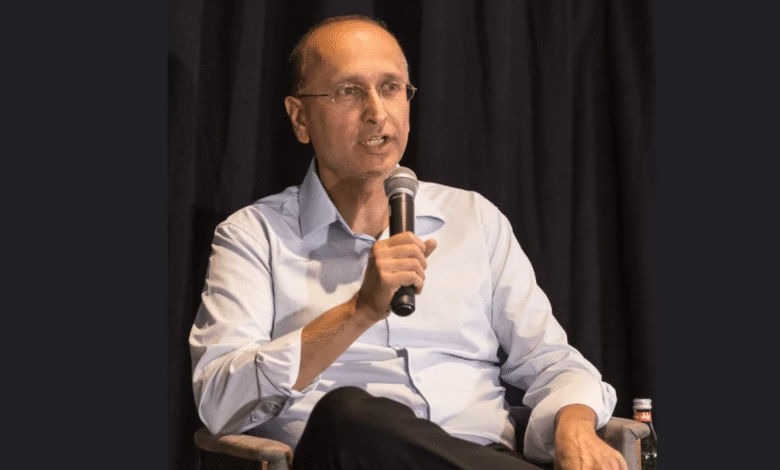How AI Will Disrupt McKinsey (But Not Yet)

▼ Summary
– Navin Chaddha believes AI will transform labor-intensive industries like consulting and law by enabling “AI teammates” to achieve software-like margins, though disrupting trust-based sectors is harder than expected.
– He argues startups should target underserved small businesses (30M in the U.S., 100M globally) with outcome-based AI services rather than compete directly with giants like Accenture.
– AI-driven consulting startups like Gruve demonstrate high margins (80% gross) by blending AI automation with human oversight, charging only for outcomes (e.g., security breaches).
– Established firms like McKinsey face an “innovator’s dilemma” in adopting AI-driven models, as their legacy billing structures conflict with outcome-based pricing.
– Chaddha defines “AI teammates” as digital collaborators that enhance human work (not replace it), though job displacement is inevitableو markets will expand long-term despite short-term pain.
The consulting industry is on the brink of a seismic shift as artificial intelligence reshapes how knowledge work gets done. Veteran investor Navin Chaddha, managing director at Mayfield, argues that AI-driven companies will soon disrupt traditional consulting, legal, and accounting firms by delivering services with software-like efficiency. His insights reveal why startups should target underserved markets rather than challenge entrenched players head-on, at least for now.
Chaddha draws parallels between today’s AI revolution and past technological waves, from mainframes to cloud computing. “AI is a 100x force,” he says, emphasizing its potential to automate repetitive tasks while keeping humans in the loop for complex decision-making. For example, implementing enterprise software like Salesforce could soon involve AI handling bulk workflows, with consultants stepping in only for high-touch client interactions. This hybrid approach slashes costs while maintaining quality, enabling outcome-based pricing models that appeal to cost-conscious businesses.
Small and midsize companies represent the sweet spot for AI disruption. With 30 million small businesses in the U.S. alone, many unable to afford traditional consulting fees, AI-powered tools can democratize access to services like legal documentation, website development, and administrative support. Instead of hourly billing, these solutions charge per task or outcome, mirroring utility-style pricing. Early successes, like Gruve, a cybersecurity startup achieving 80% gross margins by blending AI with human expertise, hint at the profitability of this model.
Yet displacing giants like McKinsey won’t happen overnight. Established firms face an innovator’s dilemma: adopting AI-driven efficiencies risks cannibalizing their lucrative, relationship-based revenue streams. Chaddha predicts a decade-long transition where agile startups first capture niche markets before eventually competing with incumbents. “The neglected masses today will be the disruptors tomorrow,” he asserts.
Mayfield’s $100 million “AI teammates” fund underscores Chaddha’s conviction that the future lies in collaboration, not replacement. These digital companions, whether in HR, sales, or engineering, augment human capabilities rather than eliminate jobs. While job displacement is inevitable, history suggests markets will expand, creating new roles we can’t yet envision.
The investment landscape, however, remains unpredictable. Sky-high valuations for early-stage AI companies reflect both optimism and speculation. Chaddha advises investors to stay disciplined, avoid herd mentality, and focus on scalable, margin-rich opportunities. “FOMO is for sheep,” he quips, stressing that long-term success hinges on strategic patience.
As AI reshapes knowledge work, the consulting industry’s future may hinge on who adapts fastest. For now, the real opportunity lies not in toppling giants but in empowering the underserved, a playbook that could redefine the sector entirely.
(Source: TechCrunch)





